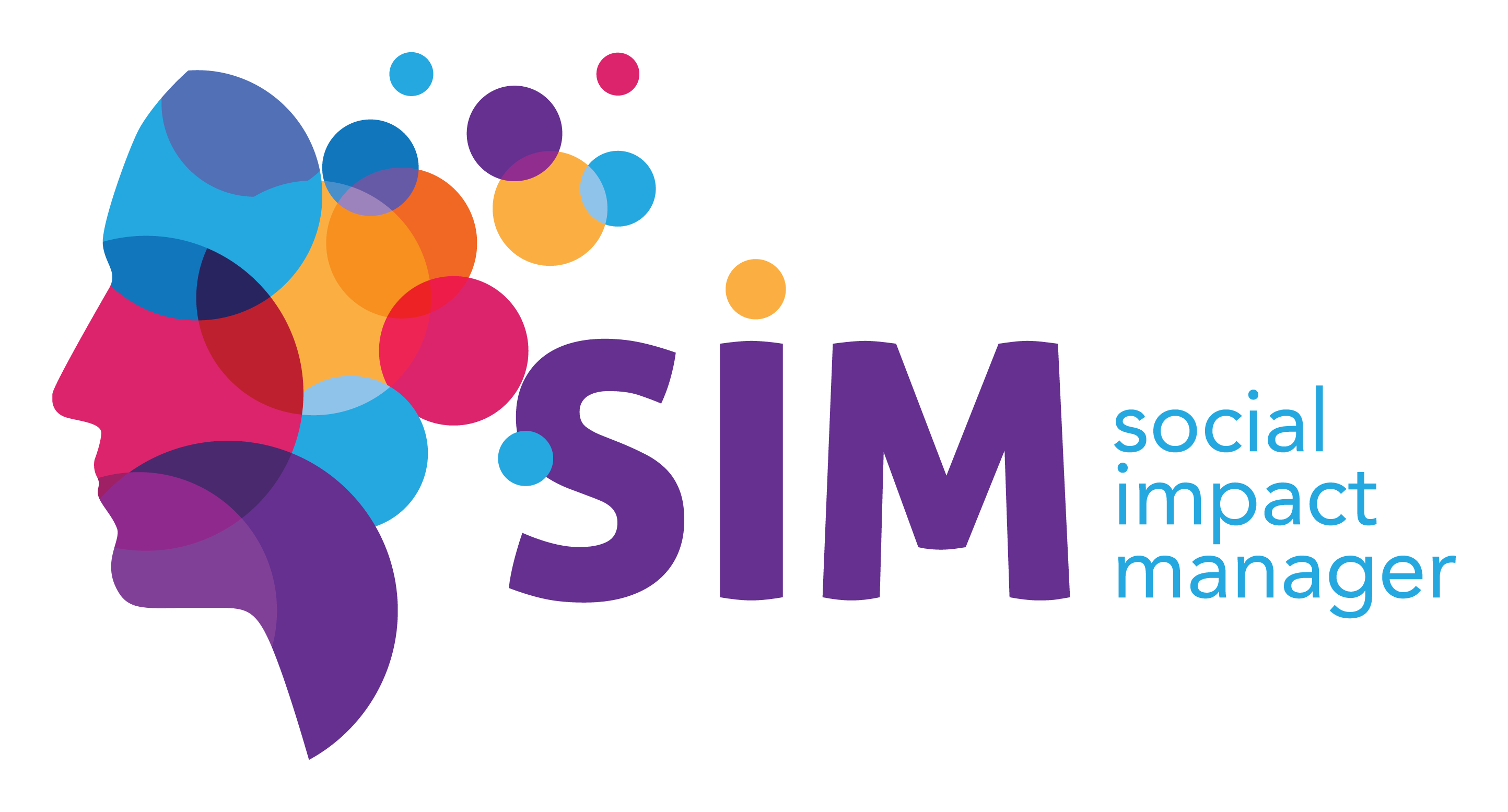By Aris Tufexis, University of Milan
“The old world is dying, and the new world struggles to be born: now is the time of monsters”.
(Antonio Gramsci)
As researchers, the University of Milan (UNIMIB) has been working in the field of the impact revolution for a decade. The disruptive challenges and transformation of the last years such as the pandemic, the crisis of the European welfare state, financial and geopolitical instability and climate change made it clear that something had to be changed, not only in the way resources are allocated and how public policies and local project are designed, but also in how people perceive business and values.
We have always thought that the shift from a merely profit-oriented mindset towards an impact-oriented one was one of the key factors to promote this transition. As a matter of fact, through our work, we want to help overcome cultural and technical barriers to measuring impact, promoting the development of a society that recognises and rewards social and environmental value alongside economic and financial value. In today’s world, the need to foster a more ecologically, socially, and economically sustainable and equitable environment is broadly acknowledged. There is a growing interest in impact, and many stakeholders from public, private and non-profit sectors are demanding support to acknowledge, monitor, manage, assess, and communicate the impact of their activities.
Nonetheless, even though the interest in the concept of impact is rapidly arising and impact design methodologies are now becoming a praxis for various stakeholders, especially public institutions and NGOs, two important issues still must be addressed in the realm of the private sector. First, generically, enterprises are more engaged in assessing and lowering their ecological impact and take less into consideration their part as “social players” in the territory they operate in. Second, regardless of the importance of the role that Corporate Social Responsibility is acquiring, there is still a lack of vision within the enterprises on how to manage such an important opportunity and a not negligible skill mismatch.
This is the reason why UNIMIB see the Social Impact Manager project as an incredible opportunity. We perceive the SIM program as a possibility to set free impact from its status as a mere predictive or monitoring tool but instead to make it a concrete approach, a set of theoretical and practical skills to be taught to professionals that will then have the possibility to integrate it in ambitious and wise Corporate Social Responsibility strategies. In addition, by creating a transnational program and engaging several enterprises we also aim to promote a European debate and dialogue between enterprises and their territories, enforcing the role of CSR not just as an innovative accounting method, but as a concrete system to redistribute value to territories and to play its role in the impact revolution that we are witnessing.


